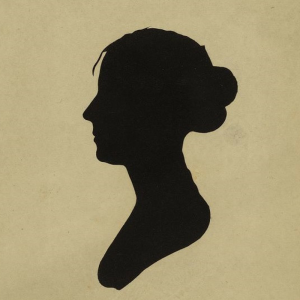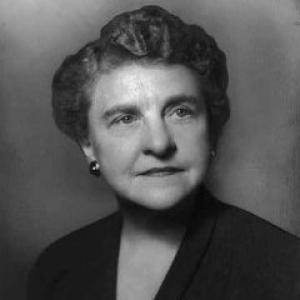Whether you’re a fan of urban strolls, trail runs, lap swimming, or family bike rides, there’s something in the Feds In Motion Challenge for YOU! Join the team, “FEW – Soaring to New Heights.” The challenge runs through May 1 – June 5, 2022, and our goal is for you to log at least 36 miles in 36 days to celebrate 36 years of #FedsHelpingFeds. So, join us. You’ll be doing something good for yourself, FEW and for federal employees in need.
Pick your favorite way to move for all 36 miles, or mix and match throughout the month. Go solo, meet up with friends, compete with co-workers near and far — it’s up to you!
Teams of 5 or more get $5 off once the fifth person signs up, and your team members can be in the same house or office, across the country, and around the world. Register today and invite your friends and family!





